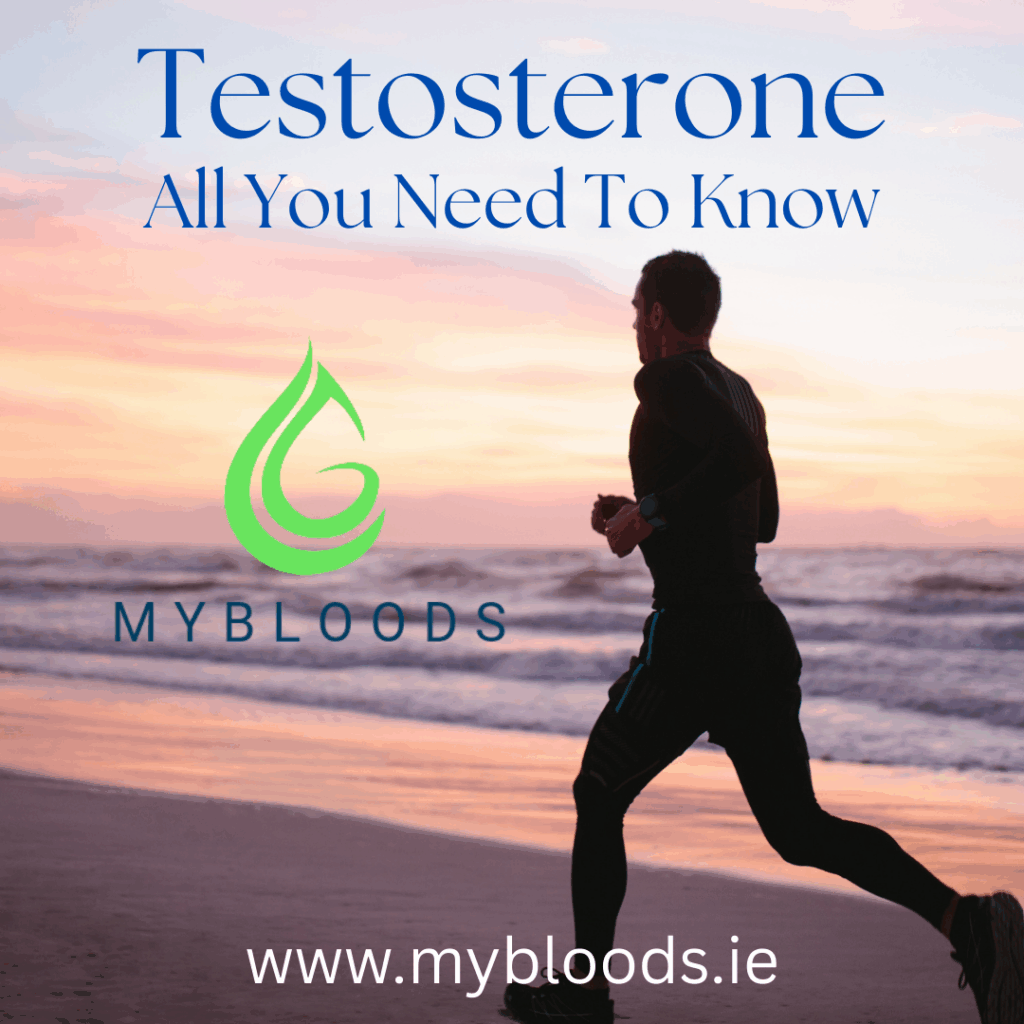
Testosterone: What You Need to Know
What is Testosterone?
Testosterone is a vital hormone produced mainly in the testicles in men (and in smaller amounts in women’s ovaries and adrenal glands). It plays a central role in male health, energy, muscle strength, fertility, mood, and sexual function.
While it’s often thought of as the “male hormone,” testosterone is important for both men and women, supporting bone health, red blood cell production, and overall vitality.
Total Testosterone vs. Free Testosterone
When testing testosterone, there are two key measures to understand:
1. Total Testosterone
This is the overall amount of testosterone in your blood. However, most of this testosterone is bound to proteins and isn’t always available for your body to use.
2. Free Testosterone
This is the active form of testosterone that is not bound to proteins. Although it makes up only a small percentage of your total testosterone, free testosterone is the most important for your health and daily functions.
The Role of SHBG and Albumin
Two proteins regulate how much testosterone is available in your bloodstream:
SHBG (Sex Hormone Binding Globulin): Binds tightly to testosterone, making it inactive. High SHBG can reduce free testosterone levels even if total testosterone is normal.
Albumin: Binds more loosely to testosterone. Albumin-bound testosterone can be released when needed, so it’s often grouped together with free testosterone as “bioavailable testosterone.”
In short:
Total testosterone = everything (free + bound).
Free testosterone = the hormone your body can actually use.
SHBG & albumin decide how much is locked away and how much is available.
Functions of Testosterone
Testosterone has wide-ranging effects in the body, including:
💪 Muscle strength & growth
🦴 Bone density & bone health
🧠 Mood, focus & mental clarity
🩸 Red blood cell production
🔥 Sex drive & performance
🧬 Sperm production & fertility
Testosterone and Ageing
From around the age of 30, testosterone levels naturally decline by 1–2% each year. This is a normal part of ageing, but in some men, the drop can be significant enough to cause symptoms.
Symptoms of Low Testosterone
Low testosterone (hypogonadism) can show up in many ways, including:
Low sex drive (libido)
Erectile difficulties
Fatigue or lack of energy
Reduced muscle mass & strength
Increased body fat
Low mood, irritability or brain fog
Thinning hair or reduced beard growth
Poor recovery after exercise
Trouble sleeping
If you are experiencing several of these, it may be worth testing your hormone levels.
How to Maintain or Increase Testosterone Naturally
While some men may require medical treatment, there are lifestyle steps that can help support healthy testosterone levels:
Exercise regularly – especially resistance training and HIIT
Maintain a healthy weight – excess belly fat is linked to lower testosterone
Eat a nutrient-rich diet – include healthy fats (avocado, nuts, olive oil), zinc (shellfish, seeds), and vitamin D (oily fish, sunlight)
Get quality sleep – 7–9 hours per night supports hormone production
Manage stress – high cortisol can lower testosterone
Limit alcohol & quit smoking – both negatively impact hormone balance
For those with clinically low testosterone, hormone replacement therapy (TRT) may be considered under medical guidance.
Why Blood Testing Matters
A simple blood test can measure your total testosterone, free testosterone, SHBG, and albumin, giving you a full picture of your hormone health.
At MyBloods, we offer quick and accurate testosterone testing so you can take control of your health, understand your hormone balance, and make informed lifestyle choices.
✅ Key Takeaways
Testosterone is vital for men’s health, energy, and vitality.
Both total and free testosterone matter, but free testosterone is what your body actually uses.
Levels decline naturally with age, but lifestyle changes can help maintain balance.
Blood testing is the best way to know where you stand.
#Testosterone #MensHealth #HormoneHealth #LowTestosterone #FitnessOver40 #MaleWellness #EnergyBoost #HealthyHormones #BloodTest #MyBloods